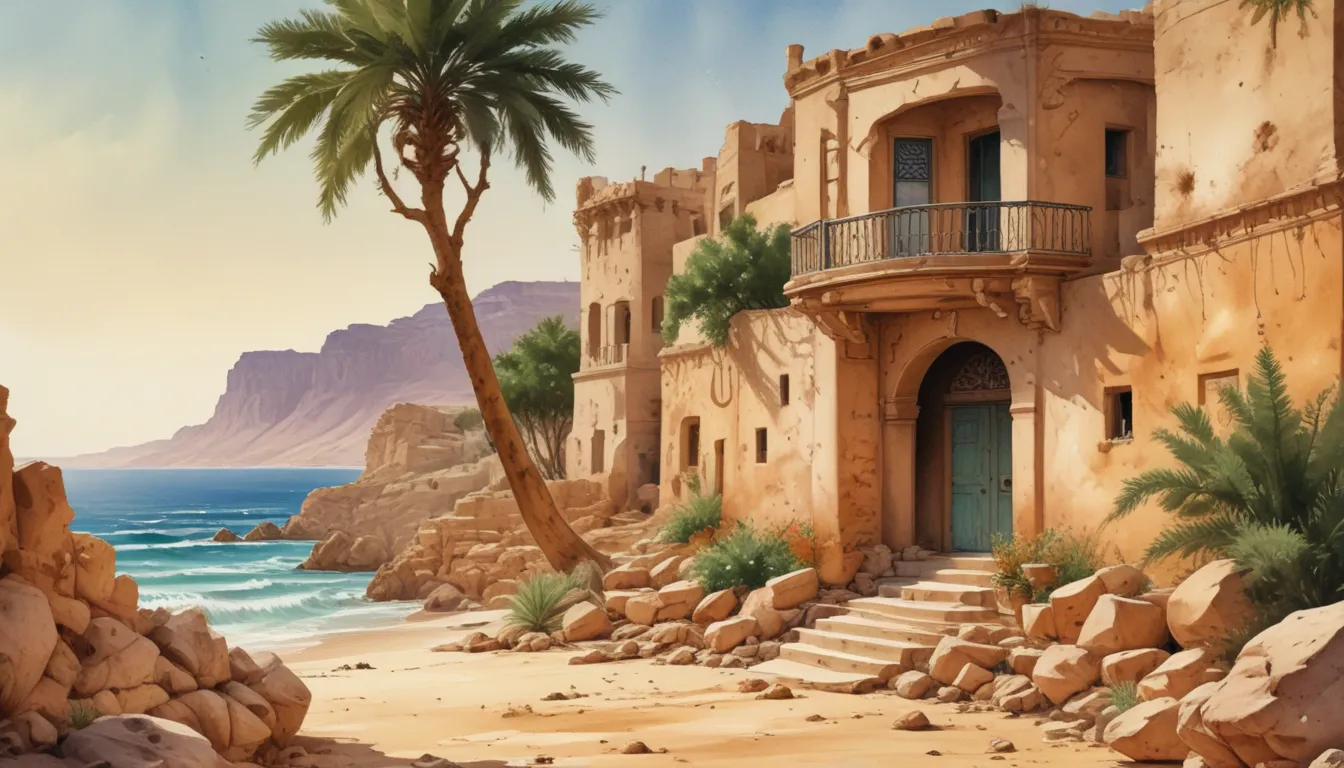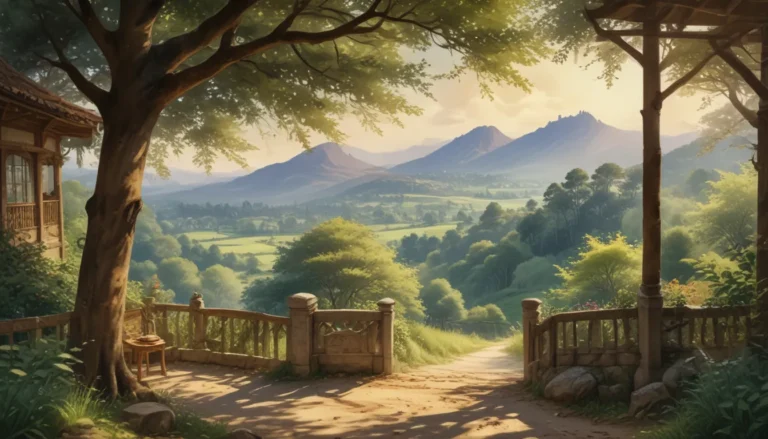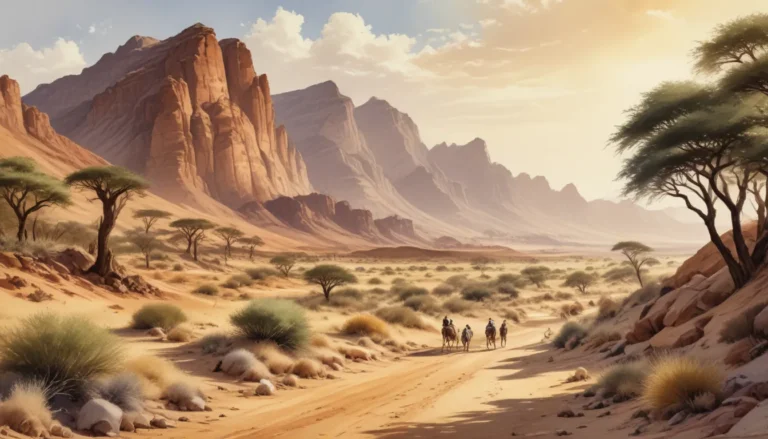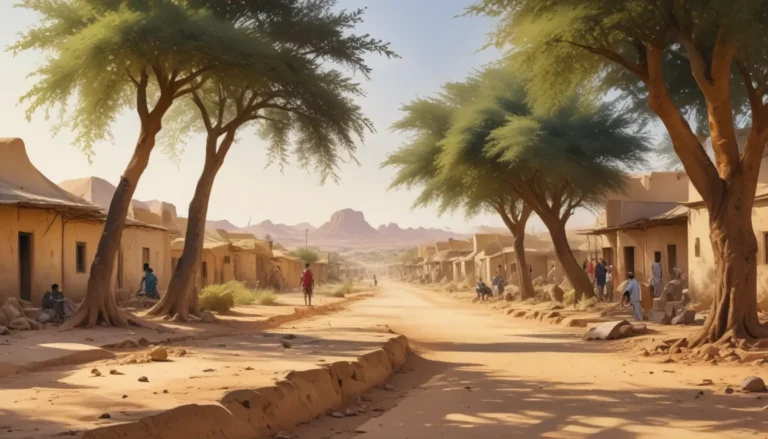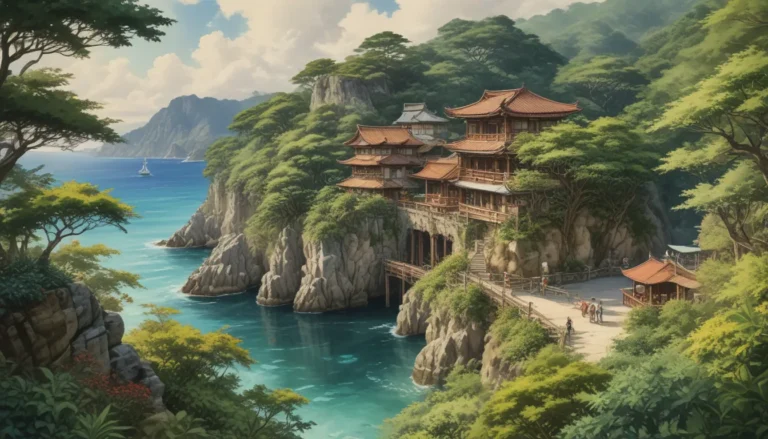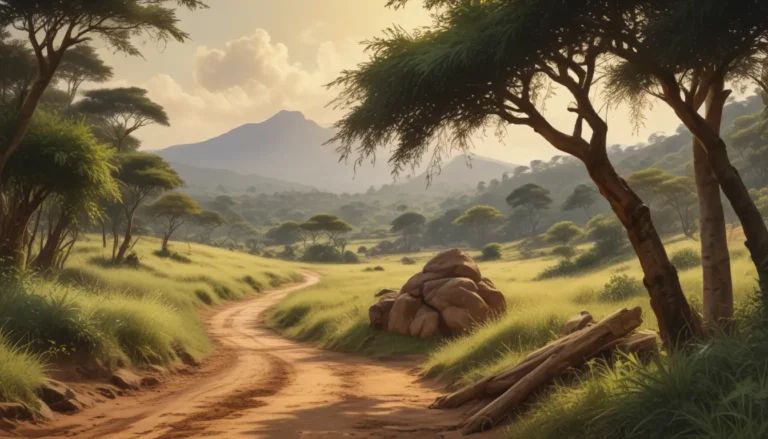The images in our articles are for illustrative purposes only and may not exactly match the content. They are intended to capture your interest and complement the text, not to replace it.
Welcome to the captivating world of Libya, a North African country renowned for its rich historical heritage, diverse culture, and breathtaking landscapes. From the ancient ruins of Leptis Magna to the vibrant traditions of its people, Libya offers a unique and fascinating experience for travelers seeking to explore this intriguing part of the world. Join us as we delve into 39 fascinating facts about Libya, revealing the heart and soul of this enchanting country.
A Glimpse into Libya’s Past
Libya, officially known as the State of Libya, is a North African country with a rich historical background dating back to ancient times. From ancient civilizations to vibrant traditions, Libya’s history is a tapestry of diverse influences that have shaped the country into what it is today.
Discovering Libya’s Diverse Geography
Located on the northern coast of Africa, Libya is the fourth largest country on the continent, sharing its borders with Egypt, Sudan, Chad, Niger, Algeria, and Tunisia. From the vast Sahara Desert to the Mediterranean coastline, Libya boasts a diverse range of landscapes that offer a unique and captivating experience for visitors.
Unveiling the Capital City of Tripoli
The capital city of Libya is Tripoli, the largest city in the country and a vibrant hub of culture, history, and tradition. With its bustling markets, ancient architecture, and warm hospitality, Tripoli provides a fascinating glimpse into the heart of Libya.
Journeying Through the Sahara Desert and Oasis Towns
Libya is predominantly covered by the vast Sahara Desert, one of the largest and hottest deserts in the world. However, the country also boasts a number of beautiful oasis towns, providing refreshing respite amid the arid landscapes of the desert.
Embracing the Language and Culture of Libya
Arabic is the official language of Libya, reflecting the country’s rich cultural heritage. Additionally, English and Italian are widely spoken in the country, adding to the diverse linguistic tapestry of Libya. The country’s culture is a vibrant mix of Arab, Berber, Tuareg, and other African influences, reflected in its cuisine, music, and traditional arts.
Highlights of Libya’s Historical Significance
Libya has been inhabited since prehistoric times and was once home to ancient civilizations such as the Phoenicians, Greeks, Romans, and Byzantines. The ancient Roman city of Leptis Magna, a UNESCO World Heritage Site, showcases well-preserved ruins from the Roman era, offering a window into the country’s rich history.
Unveiling Natural Wonders of Libya
Libya is home to a unique natural phenomenon called the Libyan Desert Glass, formed from meteorite impacts. The Great Man-Made River, a massive water project, provides fresh water to towns and cities in the arid regions of the country. Additionally, the Libyan Sahara is known for its rich fossil deposits, including ancient marine creatures and dinosaur remains.
Embracing Libyan Cuisine and Traditions
Libyan cuisine is rich in flavors, featuring dishes such as couscous, bazeen (a type of bread), and shorba (a spicy soup). Traditional music and dance play a significant role in Libyan culture, with instruments like the oud and darbuka accompanying traditional dances during special occasions.
Exploring Architectural Marvels and Ancient Sites
The Chinguetti Mosque, located in the old town of Chinguetti, is a centuries-old mosque considered one of the most important historical sites in Libya. Qasr al-Hajj, an abandoned fortified village, provides insight into the traditional desert architecture of the region. The Great Mosque of Uqba in Kairouan is one of the oldest and most important Islamic monuments in North Africa.
Unveiling Hidden Gems of Libya
Fezzan, a historical region in southwestern Libya, is known for its unique landscapes, ancient caravan routes, and geological formations. The Jebel Arkenu mountain range features stunning rock arches and unique geological formations, offering a glimpse into Libya’s natural wonders.
Embracing Libyan Hospitality and Warmth
Libyan people are known for their hospitality and welcoming nature, making visitors feel at home in their country. Despite periods of political unrest and civil wars, Libya is slowly recovering and rebuilding its infrastructure to attract tourists from around the world.
The Allure of Cultural Festivals and Traditions
Libya hosts various cultural festivals throughout the year, celebrating music, arts, and traditions that showcase the country’s rich heritage. Traditional crafts such as pottery, carpet weaving, and leatherwork are skills passed down through generations, reflecting Libya’s cultural diversity.
As you embark on your journey through the enchanting land of Libya, may you be inspired by the country’s rich history, diverse culture, and stunning landscapes. From ancient ruins to vibrant traditions, Libya offers a tapestry of experiences waiting to be discovered. Pack your bags and prepare to be enchanted by the wonders of Libya, a land where history, culture, and nature converge to create a truly unforgettable experience. Enjoy your adventure and embrace the warmth and hospitality of the Libyan people as you explore this captivating country.
